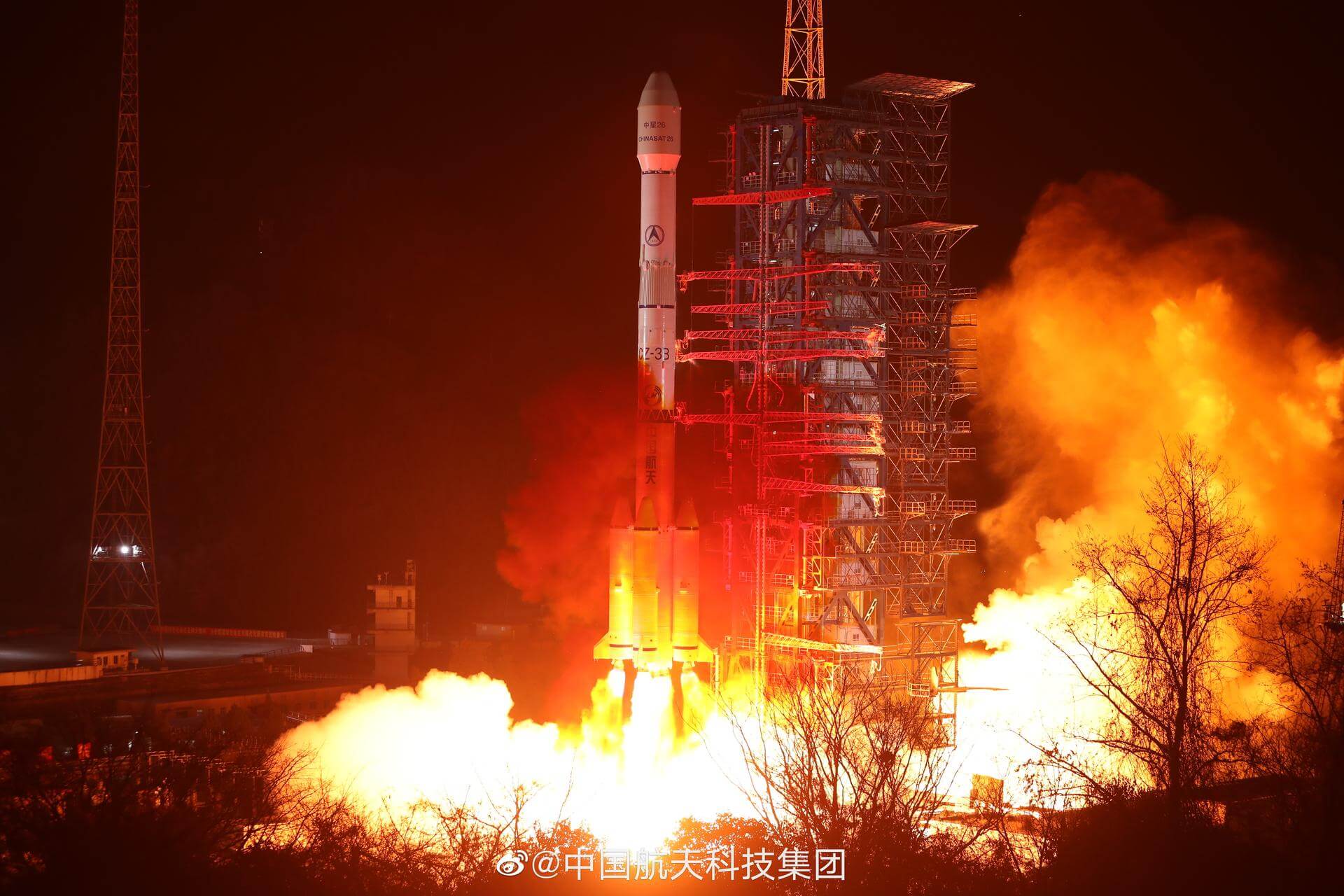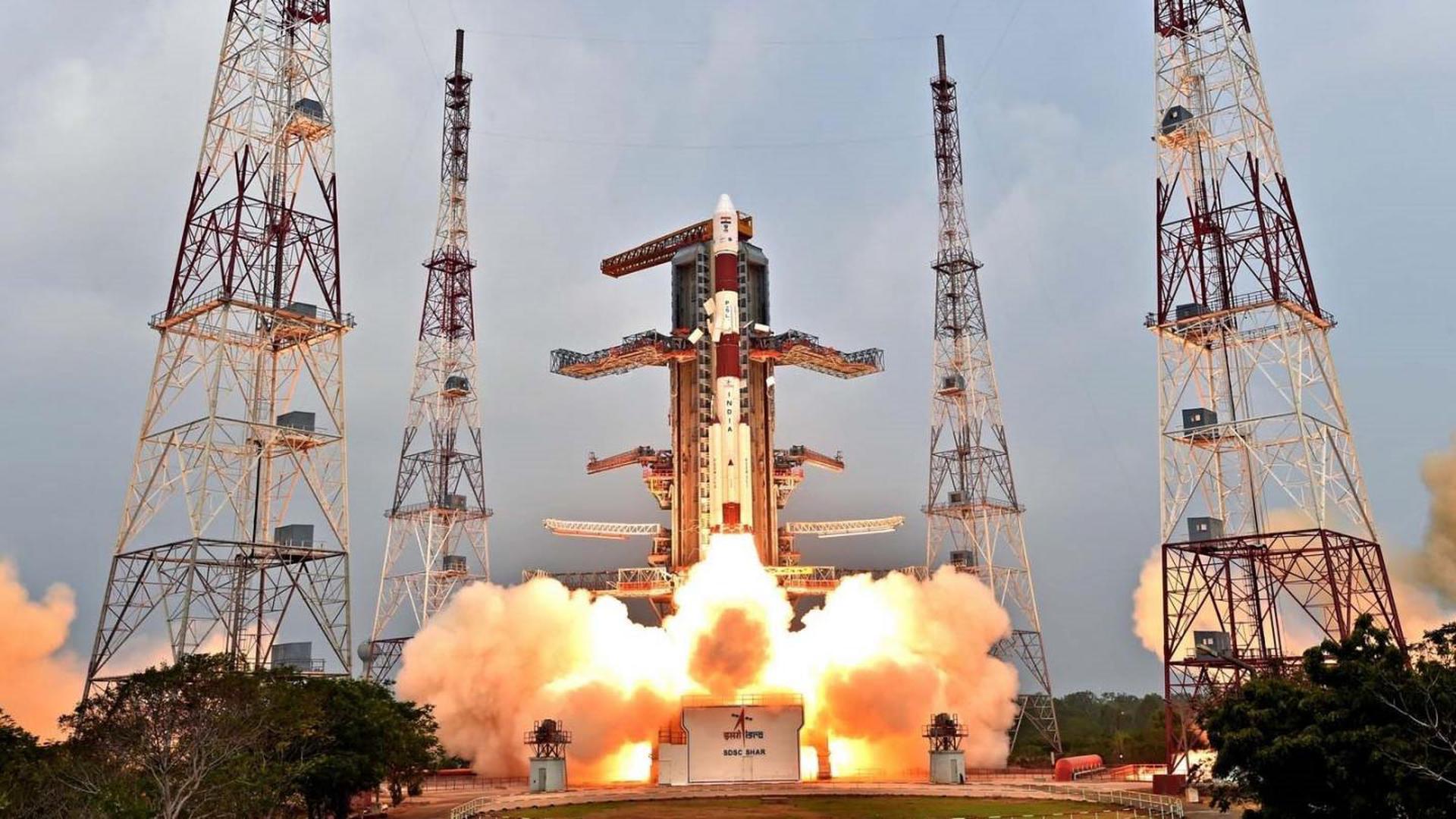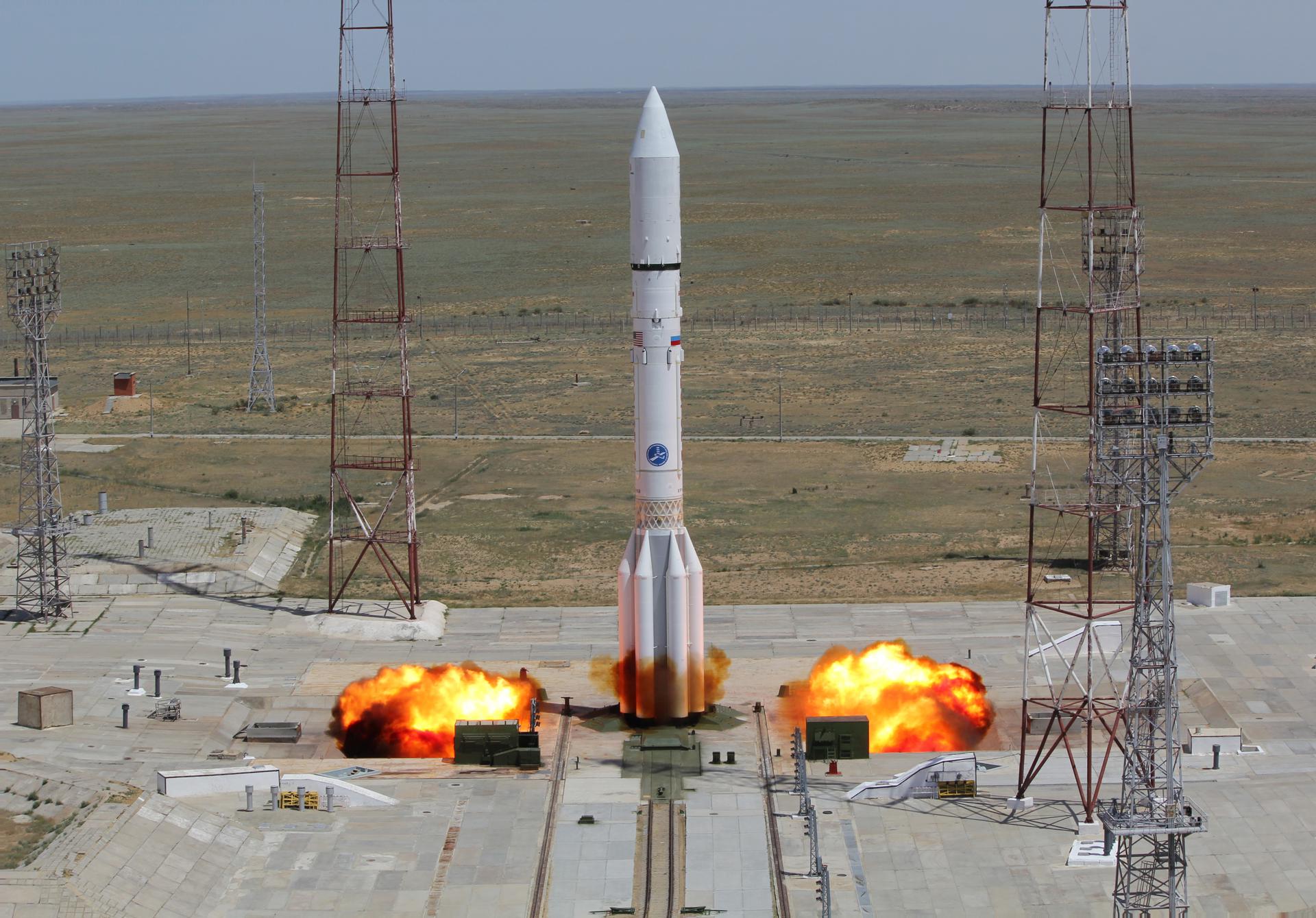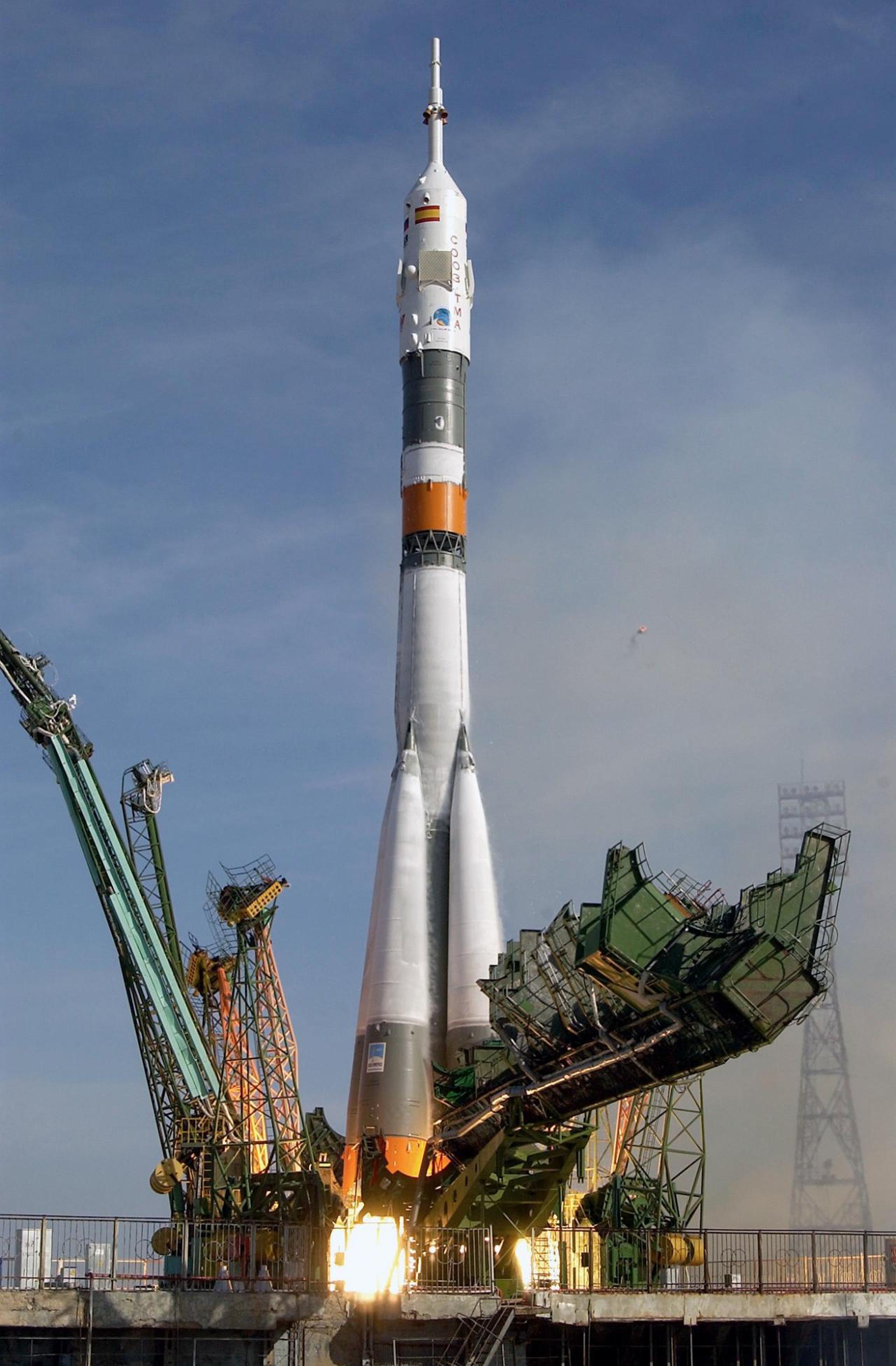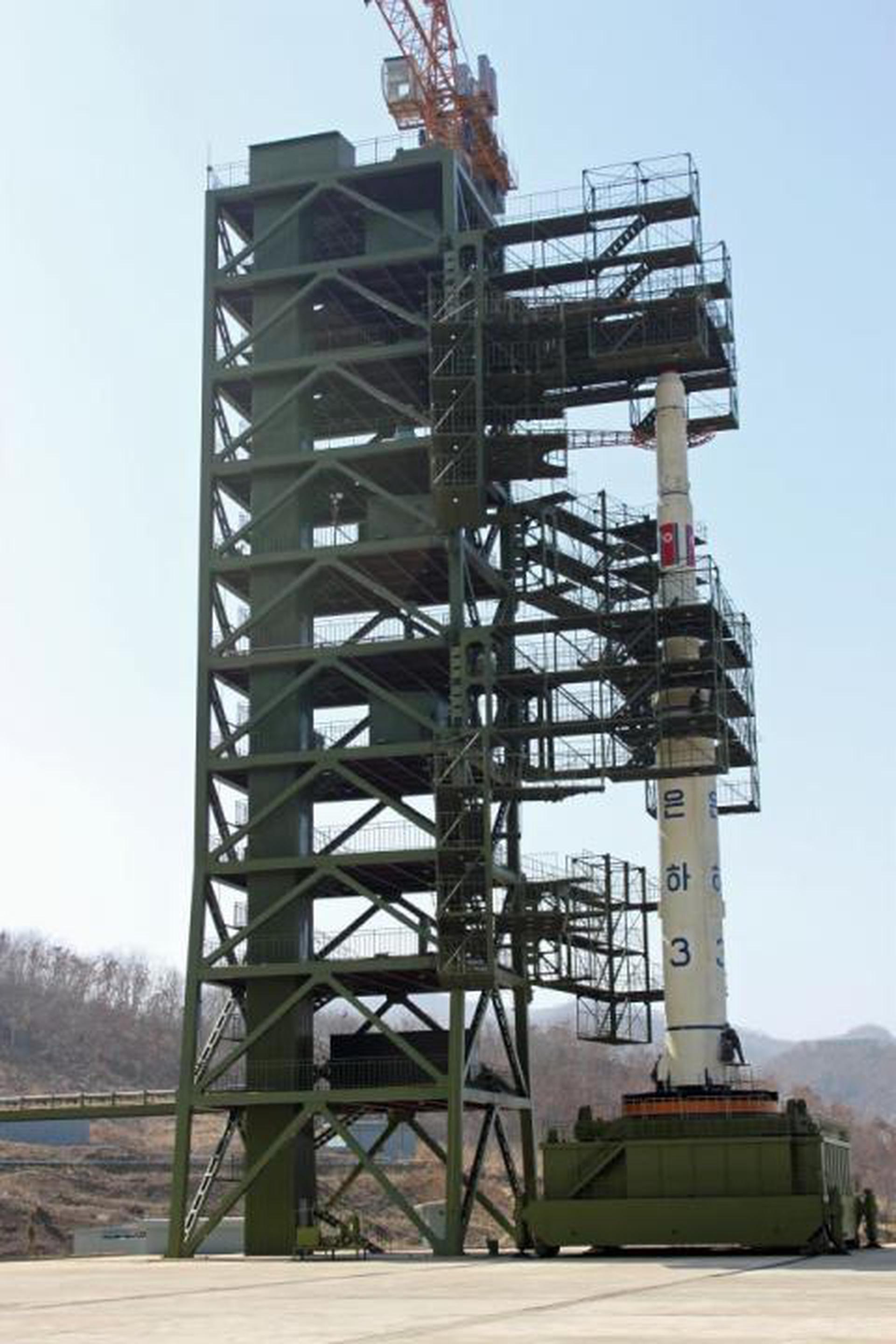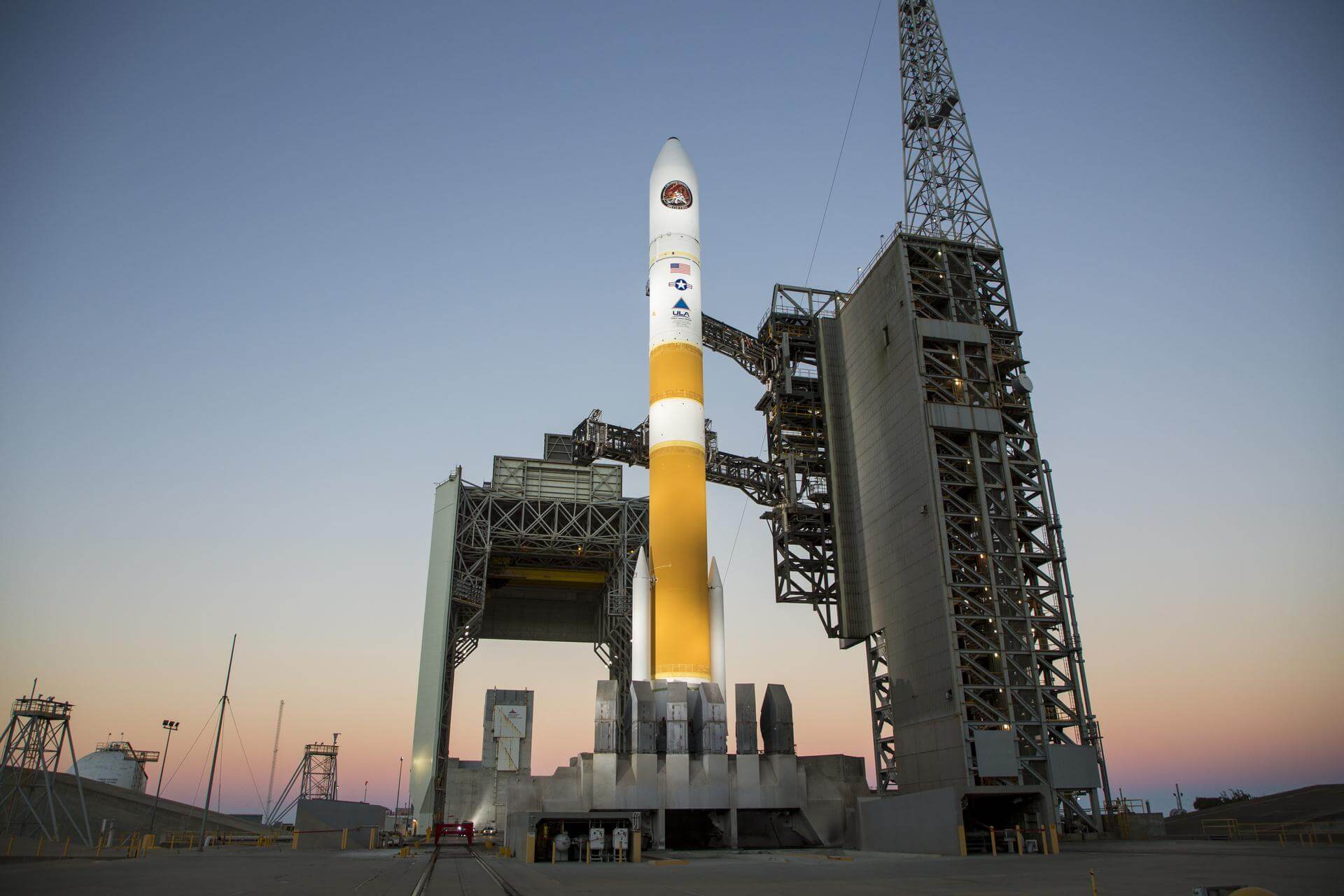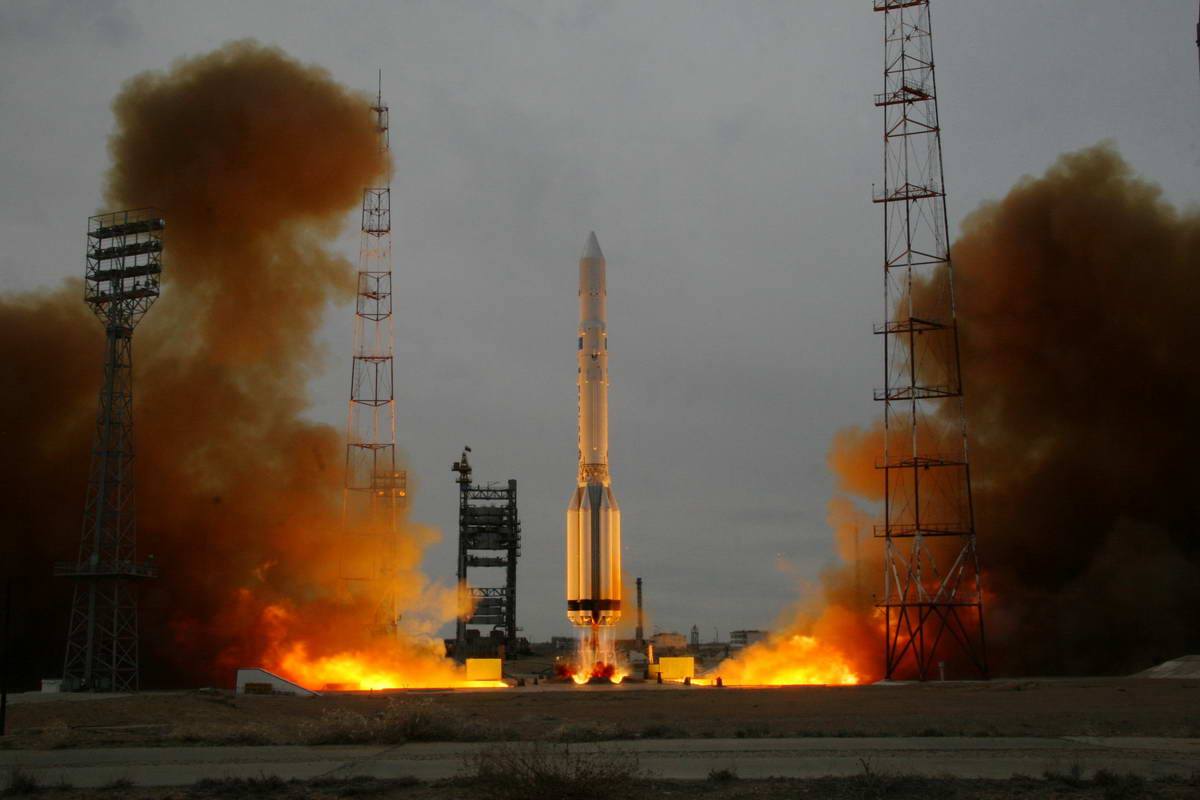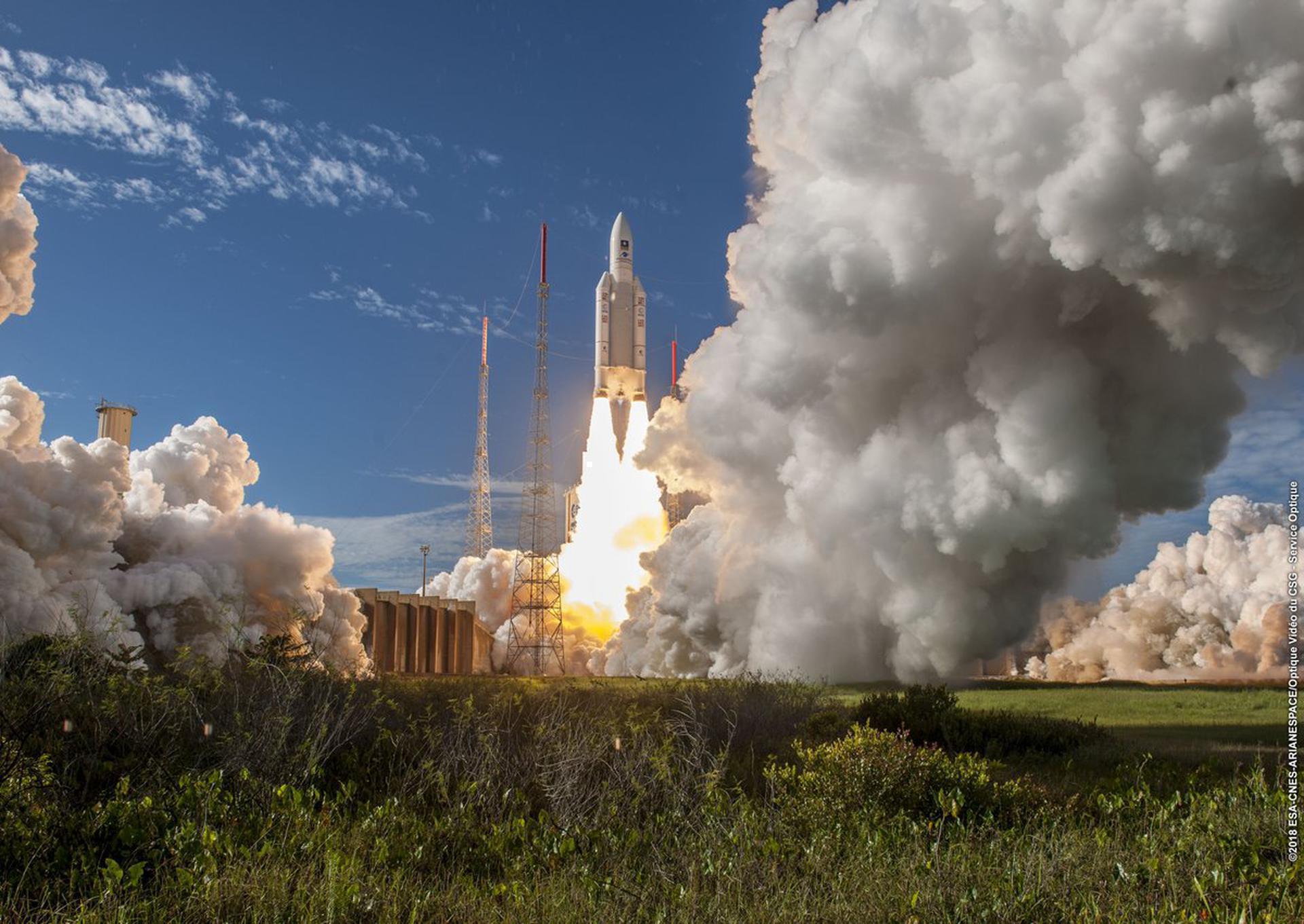Previous Spaceflight Launches
Filter by Agency, Locations or Vehicles
Show All LaunchesLong March 3B/E | Compass-M3 & Compass-M4
China Aerospace Science and Technology Corporation | ChinaXichang Satellite Launch Center, People's Republic of China
April 29, 2012, 8:50 p.m.
PSLV XL | RISAT-1
Indian Space Research Organization | IndiaSatish Dhawan Space Centre, India
April 26, 2012, 12:17 a.m.
Proton-M / Briz-M Enhanced | Yahsat 1B
Khrunichev State Research and Production Space Center | RussiaBaikonur Cosmodrome, Republic of Kazakhstan
April 23, 2012, 10:18 p.m.
Soyuz-U | Progress M-15M (47P)
Russian Federal Space Agency (ROSCOSMOS) | RussiaBaikonur Cosmodrome, Republic of Kazakhstan
April 20, 2012, 12:50 p.m.
Unha-3 | Kwangmyongsong-3
Korean Committee of Space Technology | North KoreaSohae Satellite Launching Station, Cholsan County, North Pyongan Province, Democratic People's Republic of Korea
April 12, 2012, 10:38 p.m.
Delta IV M+(5,2) | NROL-25 (FIA-R) (USA-234)
United Launch Alliance | United States of AmericaVandenberg SFB, CA, USA
April 3, 2012, 11:12 p.m.
Long March 3B/E | APStar-7
China Aerospace Science and Technology Corporation | ChinaXichang Satellite Launch Center, People's Republic of China
March 31, 2012, 10:27 a.m.
Proton-K/DM-2 | US-KMO (Kosmos-2479)
Khrunichev State Research and Production Space Center | RussiaBaikonur Cosmodrome, Republic of Kazakhstan
March 30, 2012, 5:49 a.m.
Proton-M / Briz-M Enhanced | Intelsat 22
Khrunichev State Research and Production Space Center | RussiaBaikonur Cosmodrome, Republic of Kazakhstan
March 25, 2012, 12:10 p.m.
Ariane 5 ES | Edoardo Amaldi ATV (ATV-003)
ArianeGroup | FranceGuiana Space Centre, French Guiana
March 23, 2012, 4:34 a.m.
Status: Launch Successful
Mission:
ATV-3 is the Automated Transfer Vehicle operated by the European Space Agency (ESA) to resupply the international space station (ISS) with propellant, water, air and dry cargo. After 5 days in orbit it docked to the ISS on 23rd March 2012.
Low Earth Orbit